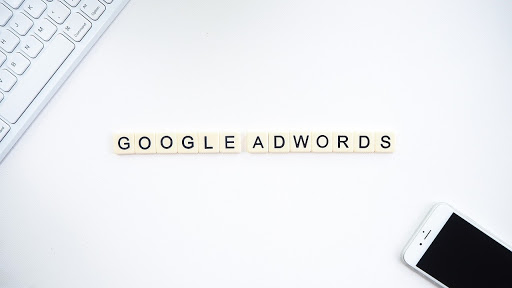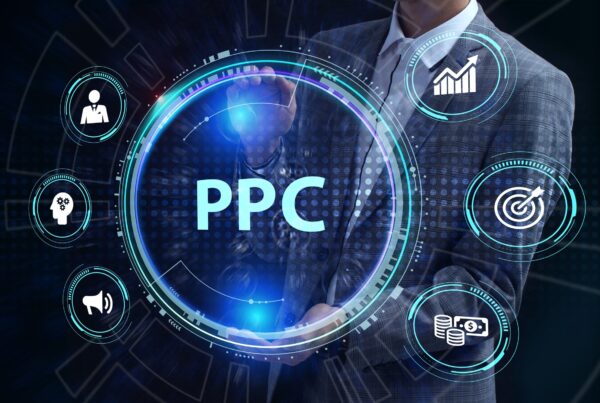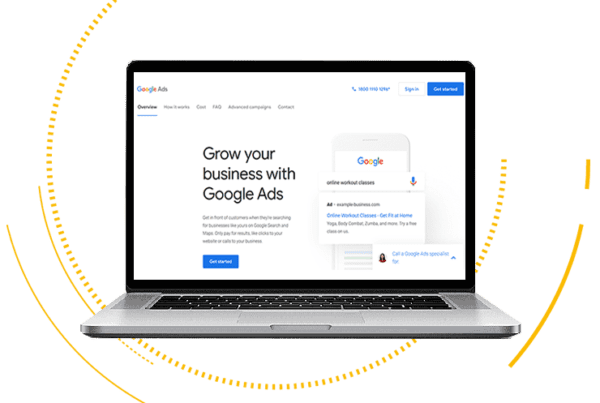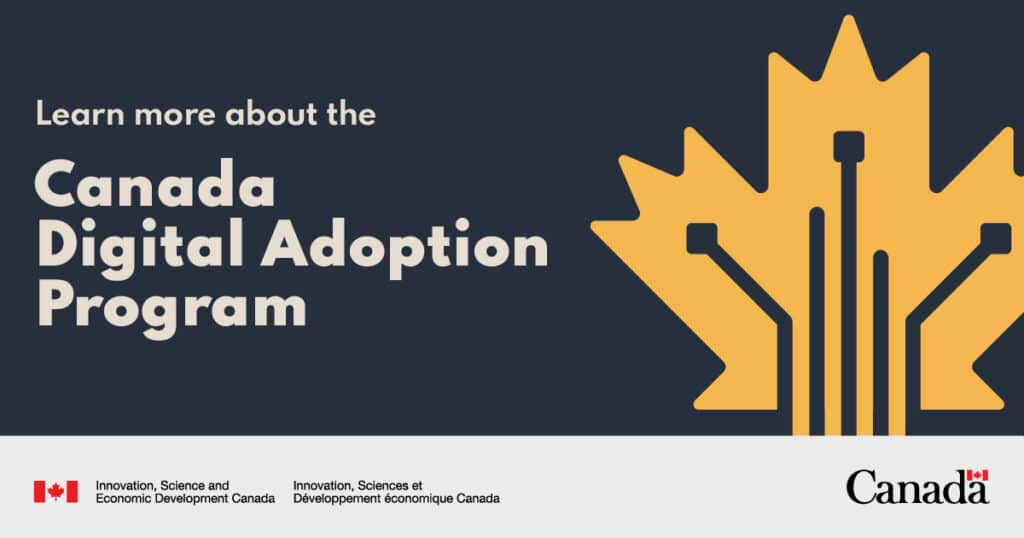What Is PPC? What are the Basics of Pay-Per-Click (PPC) Marketing?
You’ve sure have come to the right place if you’ve heard a bit of PPC marketing and want to learn more, or if you already know you want to use PPC to promote your business but aren’t sure where to start. This is the first of three lessons in PPC Class, which will teach you everything you need to know about PPC and how to make it work for you.
To begin, we must identify PPC and gain a clear understanding of how PPC ads work. Let’s get started!
What is PPC?
PPC is an acronym for pay-per-click. Advertisers are paid a fee each time one of their advertisements is clicked in this form of internet marketing. It’s a way of paying for visits to the website rather than “earn” such visits organically.
Search engine ads are one of the most popular forms of PPC. It enables marketers to compete on ad placement in a search engine’s supported links while a customer searches for a keyword relevant to their business product. If we bid on the keyword “PPC Tools,” for example, our ad might appear at the top of the Google results page.
We would pay the search engine a small fee each time our ad is clicked, directing a tourist to our website. When PPC is functioning well, the fee is negligible because the visit is worth more than what you paid for it. In other words, if we spend $3 for a click and the click ends in a $300 deal, we’ve made a good profit.
A ton goes into creating a successful PPC campaign, from researching and choosing the correct keywords to assemble such keywords into well-organized campaigns and ad groups to creating PPC landing pages designed for conversions. Search engines reward marketers who can build specific, intelligently tailored pay-per-click campaigns by charging them less for ad clicks. Google costs you less per click if the advertisements and landing pages are helpful and pleasing to customers, resulting in better income for your company. So, if you want to start using PPC, you must first learn how to do it correctly.
 What are Google Ads?
What are Google Ads?
Google Ads is the world’s most common PPC advertisement scheme. Businesses will use the Advertisements program to generate ads that run on Google’s search engine and other Google properties.
Google Ads uses a pay-per-click scheme, in which users bid on keywords and are charged for each click on their advertising. When a search is launched, Google picks winners from a pool of Ads marketers to be shown in the valuable ad space on the search results page. The “winners” are determined by several considerations, including accuracy and importance of keywords, ad strategies, as well as the scale of their keyword bids.
More precisely, who appears on the website is determined by an advertiser’s Ad Rank, measured by multiplying two essential factors – CPC Bid and Quality Score. This system enables winning brands to reach out to new customers at a reasonable rate. It is an auction.
PPC marketing for Google Advertising is especially beneficial because, as the most popular search engine, Google receives vast traffic volumes and therefore provides the most views and clicks on your ads. The frequency at which your PPC advertisements appear is determined by the keywords and match styles you choose. Although a variety of factors influence the effectiveness of your PPC advertising strategy, you can accomplish a lot by focusing on:
- Keyword Relevance – Creating applicable PPC keyword sets, tight keyword groups, and appropriate ad text.
- Landing Page Quality – Creating optimized landing pages with compelling, meaningful content and a concise call-to-action tailored to individual search queries.
- Quality Score – Google’s Quality Score is ranking the quality and importance of the keywords, landing pages, and PPC promotions. Advertisers with higher Quality Scores get more ad clicks at a lower cost.
- Creative – Ad copy must be appealing, and if you’re advertising on the display network, you can use a platform like Smart Ads Creator to produce designer-quality ads that will entice clicks.
PPC Keyword Research
Keyword analysis for PPC can be very time-consuming, but it is also vital. The foundation of your PPC campaign is keywords, and the most popular Google Ads marketers are constantly growing and refining their PPC keyword list. If you only conduct keyword research once, when you build your first campaign, you will likely lose out on hundreds of thousands of valuable, long-tail, low-cost, and highly applicable keywords that could drive traffic to your website.
An effective PPC keyword list should be:
- Relevant – Of course, you don’t want to pay for Internet traffic that has nothing to do with your business. You want to identify optimized keywords that will result in a higher PPC click-through rate, a lower cost per click, and higher sales. That is, the keywords you bid on should be loosely linked to the products or services you deliver.
- Exhaustive – Not only should your keyword analysis involve the most popular and commonly searched keywords in your niche, but it should also include the long tail of search words. Long-tail keywords are more descriptive and less prevalent, but they account for the vast majority of search-driven traffic. They’re also less expensive because they’re less competitive.
- Expansive – PPC is an iterative process. You want to regularly improve and extend your campaigns and create an ecosystem in which your keyword list grows and adapts.
Check out our common keywords if you’re looking for high-volume, industry-specific keywords to use in your PPC campaigns.
Managing Your PPC Campaigns
If you’ve built your new campaigns, you’ll need to maintain them daily to ensure they remain successful. In reality, one of the better predictors of account performance is consistent account behaviour. You should constantly be reviewing your account’s results and make the following changes to optimize your campaigns:
- Add PPC Keywords: Increase the scope of your PPC campaigns by using keywords specific to your market.
- Add Negative Keywords: To boost marketing relevancy and reduce needless spending, add non-converting phrases as derogatory keywords.
- Split Ad Groups: Increase your click-through rate (CTR) and Quality Score by dividing your ad groups into smaller, more specific ad groups, which will enable you to build more personalized ad text and landing pages.
- Review Costly PPC Keywords: Underperforming keywords and, if possible, turn them off.
- Refine Landing Pages: To increase conversion rates, tailor the content and calls-to-action (CTAs) on your landing pages to individual search queries. Don’t direct all of your visitors to the same page.
Boost Your AdWords Performance by 10X.
Fully Managed by a Multidisciplinary Team of Certified AdWords Thought Leaders, Data Scientists and Machine Learning Engineers, our team offers PPC marketing and Google AdWords marketing services to clients. If you’re in Ottawa, Toronto, Vancouver, and NYC, reach out to us today.












